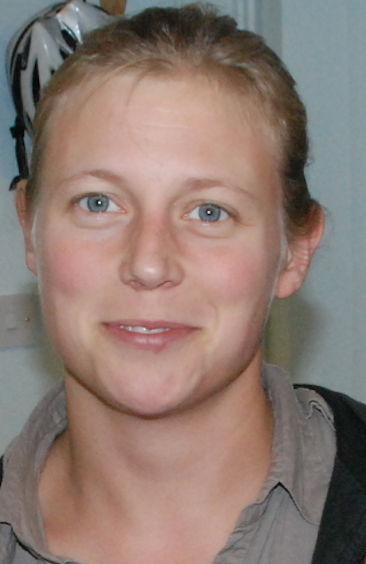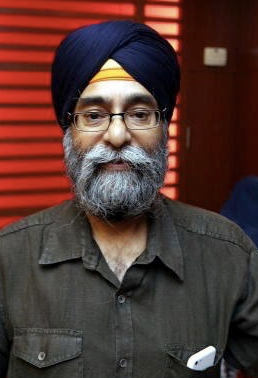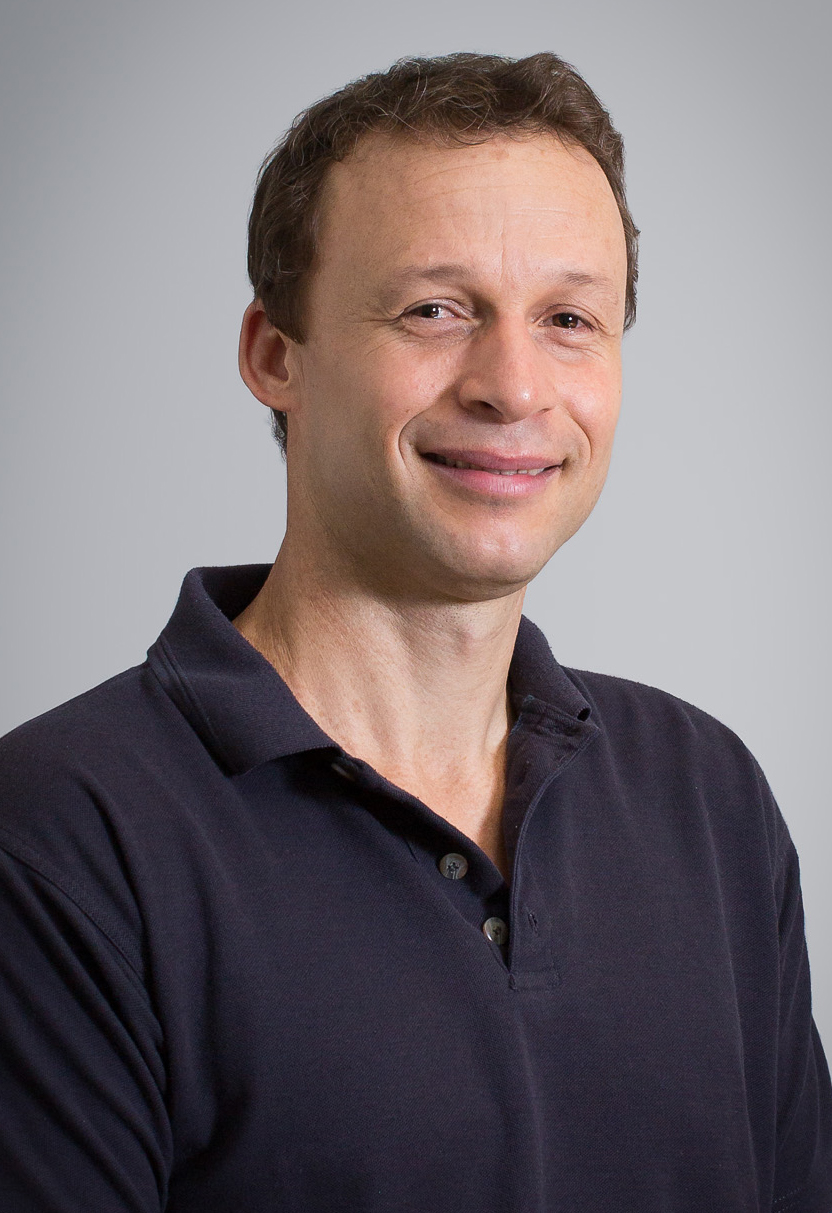| Symposium keynote speakers
Philine zu Ermgassen - Quantifying the importance of mangroves globally
 Coastal habitats are critical for fish and fisheries, yet their value is still poorly quantified. Philine works with a broad range of collaborators across academia and conservation to quantify the importance of threatened coastal habitats to fish. Her aim is to provide insights into the spatial distribution of these values to inform fisheries and conservation policy agendas. Her present research seeks to develop a model of the distribution of fish production from mangroves globally. This work relies on a large network of collaborators bringing their expert regional knowledge to the table, both on fish ecology and on the human use of mangrove dependent–fisheries species. The project draws on many experiences working with mangrove fish and fisheries from around the world through the Delphi technique, and uses the resulting assessment to inform the interpretation of quantitative data. She is also currently developing regional US models for fish production from oyster reefs, seagrasses, and saltmarshes. Coastal habitats are critical for fish and fisheries, yet their value is still poorly quantified. Philine works with a broad range of collaborators across academia and conservation to quantify the importance of threatened coastal habitats to fish. Her aim is to provide insights into the spatial distribution of these values to inform fisheries and conservation policy agendas. Her present research seeks to develop a model of the distribution of fish production from mangroves globally. This work relies on a large network of collaborators bringing their expert regional knowledge to the table, both on fish ecology and on the human use of mangrove dependent–fisheries species. The project draws on many experiences working with mangrove fish and fisheries from around the world through the Delphi technique, and uses the resulting assessment to inform the interpretation of quantitative data. She is also currently developing regional US models for fish production from oyster reefs, seagrasses, and saltmarshes.
Philine received her PhD from the University of Cambridge and is currently a postdoctoral researcher in the Changing Oceans Group at the University of Edinburgh, where she works in close collaboration with colleagues in The Nature Conservancy.
|
Harinder Rai Singh - Replanted mangroves as fish habitat
 Mangrove forests are important not only for coastal erosion prevention, carbon sequestration, and nutrient filtering, but also as habitats for coastal fauna and flora. Harinder's research interests focus on anthropogenic disturbances as it relates to mangroves and their macrobenthic communities, as well as mangrove restoration and replanting and their effects on faunal recruitment. He is interested in the age at which mangroves, especially those that have been restored or replanted, become significant habitats for fishes and macrobenthos. As mangrove forests grow, there is an increase in secondary producer abundance, which serves as contribution to the diets of resident and migratory fishes, and this in the long term affects the livelihoods of coastal inhabitants. Harinder is also actively involved in research related to marine & coastal habitat connectivity and biodiversity management.
Mangrove forests are important not only for coastal erosion prevention, carbon sequestration, and nutrient filtering, but also as habitats for coastal fauna and flora. Harinder's research interests focus on anthropogenic disturbances as it relates to mangroves and their macrobenthic communities, as well as mangrove restoration and replanting and their effects on faunal recruitment. He is interested in the age at which mangroves, especially those that have been restored or replanted, become significant habitats for fishes and macrobenthos. As mangrove forests grow, there is an increase in secondary producer abundance, which serves as contribution to the diets of resident and migratory fishes, and this in the long term affects the livelihoods of coastal inhabitants. Harinder is also actively involved in research related to marine & coastal habitat connectivity and biodiversity management.
Harinder received his PhD from the University of Malaya and currently holds the position of a Senior Lecturer at Universiti Teknologi MARA in Malaysia.
|
Ivan Nagelkerken - Connecting the hemispheres: global patterns of mangroves as fish habitat
 Ivan has worked on temperate and tropical coastal ecosystems, with a special focus on fishes. Over the past decade, he has examined how ecosystem connectivity affects the functioning and resilience of coastal ecosystems, including coral reefs, seagrasses, and mangroves. He has done most of his work in the Caribbean Sea, Eastern Africa, and Australia. He also focuses on the effects of climate change on coastal marine ecosystems and fishes. He has done a lot of work on how fishes utilize coastal habitats throughout their life cycle, and how fish movements and trophic intertactions connect neighboring ecosystems and affect the functioning of donor and recipient systems. Studying the nursery function of vegetated habitats for commercially- and ecologically-important juveniles of coral reef fishes has formed a core area of his research. He has used techniques such as tagging, telemetry, and stable isotope analysis of fish otoliths and tissues to track fish movement and dispersal. Using aquaria, large mesocosms, and natural laboratories he also studies how climate change alters fish diversity, community structure, trophic interactions, behavior, and habitat use. This knowledge is used to answer questions about the effects of ecosystem connectivity and climate change on marine ecosystem functioning, population dynamics of reef fishes, food web productivity, and resilience of coastal systems. Ivan has worked on temperate and tropical coastal ecosystems, with a special focus on fishes. Over the past decade, he has examined how ecosystem connectivity affects the functioning and resilience of coastal ecosystems, including coral reefs, seagrasses, and mangroves. He has done most of his work in the Caribbean Sea, Eastern Africa, and Australia. He also focuses on the effects of climate change on coastal marine ecosystems and fishes. He has done a lot of work on how fishes utilize coastal habitats throughout their life cycle, and how fish movements and trophic intertactions connect neighboring ecosystems and affect the functioning of donor and recipient systems. Studying the nursery function of vegetated habitats for commercially- and ecologically-important juveniles of coral reef fishes has formed a core area of his research. He has used techniques such as tagging, telemetry, and stable isotope analysis of fish otoliths and tissues to track fish movement and dispersal. Using aquaria, large mesocosms, and natural laboratories he also studies how climate change alters fish diversity, community structure, trophic interactions, behavior, and habitat use. This knowledge is used to answer questions about the effects of ecosystem connectivity and climate change on marine ecosystem functioning, population dynamics of reef fishes, food web productivity, and resilience of coastal systems.
Ivan received his PhD from Radboud University Nijmegen and is presently a Professor at The University of Adelaide in Australia.
|


 Coastal habitats are critical for fish and fisheries, yet their value is still poorly quantified. Philine works with a broad range of collaborators across academia and conservation to quantify the importance of threatened coastal habitats to fish. Her aim is to provide insights into the spatial distribution of these values to inform fisheries and conservation policy agendas. Her present research seeks to develop a model of the distribution of fish production from mangroves globally. This work relies on a large network of collaborators bringing their expert regional knowledge to the table, both on fish ecology and on the human use of mangrove dependent–fisheries species. The project draws on many experiences working with mangrove fish and fisheries from around the world through the Delphi technique, and uses the resulting assessment to inform the interpretation of quantitative data. She is also currently developing regional US models for fish production from oyster reefs, seagrasses, and saltmarshes.
Coastal habitats are critical for fish and fisheries, yet their value is still poorly quantified. Philine works with a broad range of collaborators across academia and conservation to quantify the importance of threatened coastal habitats to fish. Her aim is to provide insights into the spatial distribution of these values to inform fisheries and conservation policy agendas. Her present research seeks to develop a model of the distribution of fish production from mangroves globally. This work relies on a large network of collaborators bringing their expert regional knowledge to the table, both on fish ecology and on the human use of mangrove dependent–fisheries species. The project draws on many experiences working with mangrove fish and fisheries from around the world through the Delphi technique, and uses the resulting assessment to inform the interpretation of quantitative data. She is also currently developing regional US models for fish production from oyster reefs, seagrasses, and saltmarshes.
 Mangrove forests are important not only for coastal erosion prevention, carbon sequestration, and nutrient filtering, but also as habitats for coastal fauna and flora. Harinder's research interests focus on anthropogenic disturbances as it relates to mangroves and their macrobenthic communities, as well as mangrove restoration and replanting and their effects on faunal recruitment. He is interested in the age at which mangroves, especially those that have been restored or replanted, become significant habitats for fishes and macrobenthos. As mangrove forests grow, there is an increase in secondary producer abundance, which serves as contribution to the diets of resident and migratory fishes, and this in the long term affects the livelihoods of coastal inhabitants. Harinder is also actively involved in research related to marine & coastal habitat connectivity and biodiversity management.
Mangrove forests are important not only for coastal erosion prevention, carbon sequestration, and nutrient filtering, but also as habitats for coastal fauna and flora. Harinder's research interests focus on anthropogenic disturbances as it relates to mangroves and their macrobenthic communities, as well as mangrove restoration and replanting and their effects on faunal recruitment. He is interested in the age at which mangroves, especially those that have been restored or replanted, become significant habitats for fishes and macrobenthos. As mangrove forests grow, there is an increase in secondary producer abundance, which serves as contribution to the diets of resident and migratory fishes, and this in the long term affects the livelihoods of coastal inhabitants. Harinder is also actively involved in research related to marine & coastal habitat connectivity and biodiversity management.
 Ivan has worked on temperate and tropical coastal ecosystems, with a special focus on fishes. Over the past decade, he has examined how ecosystem connectivity affects the functioning and resilience of coastal ecosystems, including coral reefs, seagrasses, and mangroves. He has done most of his work in the Caribbean Sea, Eastern Africa, and Australia. He also focuses on the effects of climate change on coastal marine ecosystems and fishes. He has done a lot of work on how fishes utilize coastal habitats throughout their life cycle, and how fish movements and trophic intertactions connect neighboring ecosystems and affect the functioning of donor and recipient systems. Studying the nursery function of vegetated habitats for commercially- and ecologically-important juveniles of coral reef fishes has formed a core area of his research. He has used techniques such as tagging, telemetry, and stable isotope analysis of fish otoliths and tissues to track fish movement and dispersal. Using aquaria, large mesocosms, and natural laboratories he also studies how climate change alters fish diversity, community structure, trophic interactions, behavior, and habitat use. This knowledge is used to answer questions about the effects of ecosystem connectivity and climate change on marine ecosystem functioning, population dynamics of reef fishes, food web productivity, and resilience of coastal systems.
Ivan has worked on temperate and tropical coastal ecosystems, with a special focus on fishes. Over the past decade, he has examined how ecosystem connectivity affects the functioning and resilience of coastal ecosystems, including coral reefs, seagrasses, and mangroves. He has done most of his work in the Caribbean Sea, Eastern Africa, and Australia. He also focuses on the effects of climate change on coastal marine ecosystems and fishes. He has done a lot of work on how fishes utilize coastal habitats throughout their life cycle, and how fish movements and trophic intertactions connect neighboring ecosystems and affect the functioning of donor and recipient systems. Studying the nursery function of vegetated habitats for commercially- and ecologically-important juveniles of coral reef fishes has formed a core area of his research. He has used techniques such as tagging, telemetry, and stable isotope analysis of fish otoliths and tissues to track fish movement and dispersal. Using aquaria, large mesocosms, and natural laboratories he also studies how climate change alters fish diversity, community structure, trophic interactions, behavior, and habitat use. This knowledge is used to answer questions about the effects of ecosystem connectivity and climate change on marine ecosystem functioning, population dynamics of reef fishes, food web productivity, and resilience of coastal systems. 